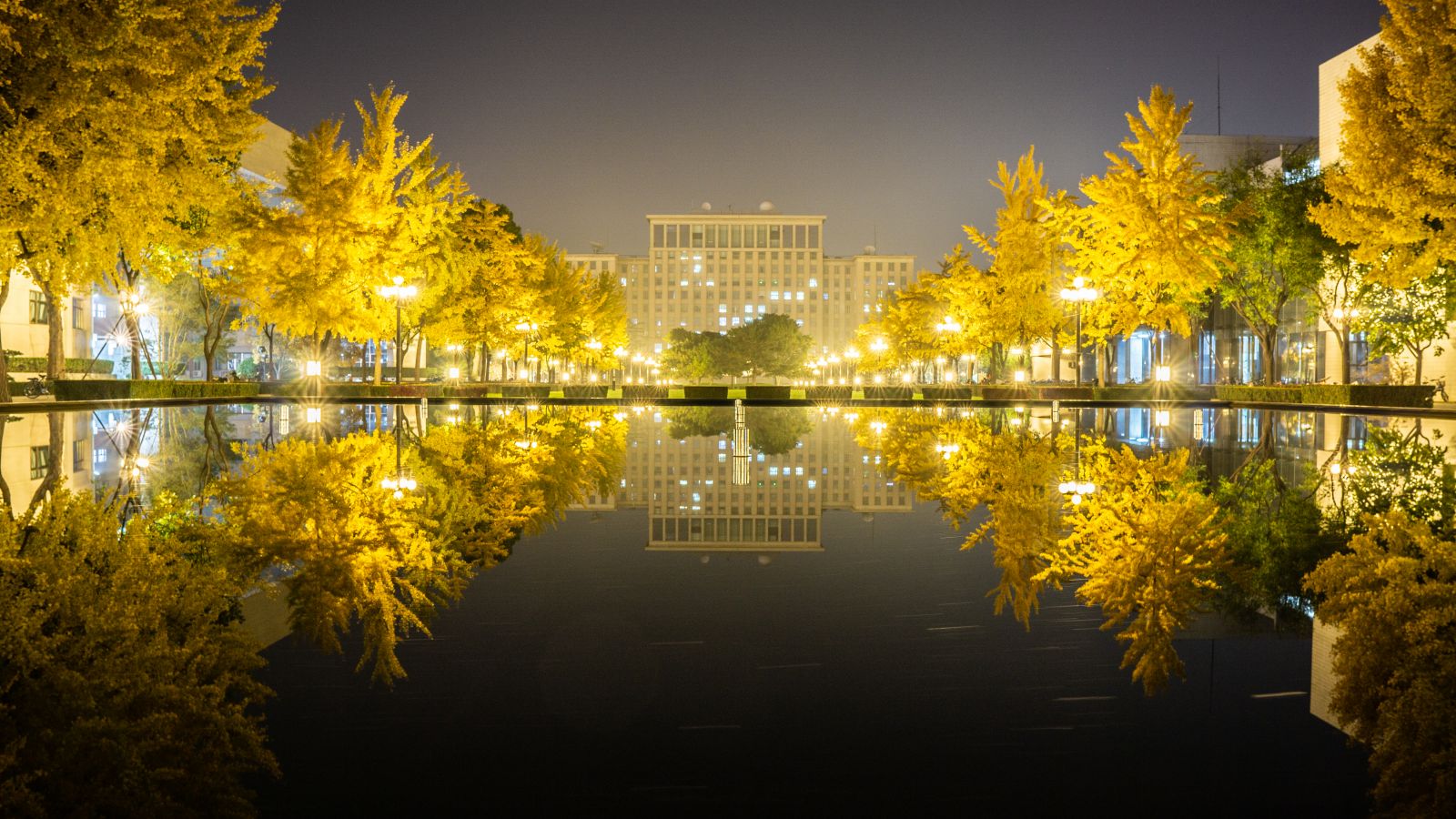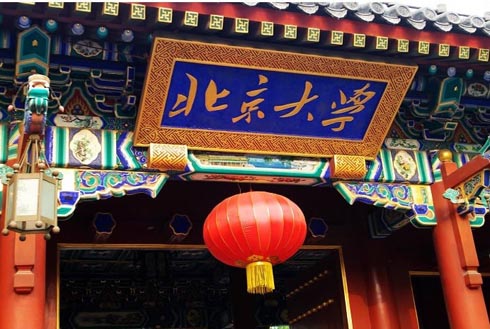
Peking University was founded in 1898 at the time of the “Hundred Days Reform”. It was initially named The Imperial University of Peking. Not only it was the first national comprehensive university in modern China, but also the highest educational administration of the whole country at the beginning of its establishment.
Peking University was once known as the National University of Peking in 1912. In 1937, Peking University moved south to Changsha and formed into the National Temporary University of Changsha along with the National Tsing Hua University and Private Nankai University. A year later, this temporary reformed university moved to Kunming and was renamed into National Southwestern Union University. It moved back to Beijing in the first year of the end of the WWⅡ,1946.
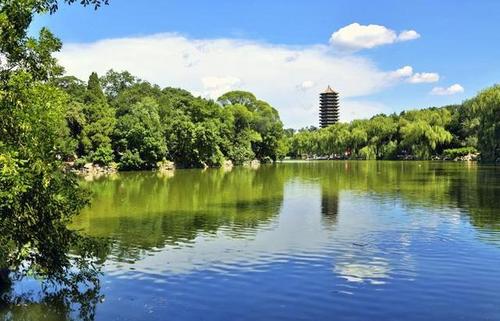
After the national adjustment of colleges and universities, Peking University has become a comprehensive university that is mainly based on liberal arts and science. In the same year, it was relocated from the Shatan area, Beijing to the present location.
In 2000, Peking University merged with former Beijing Medical University and became the Peking University as we all know now.
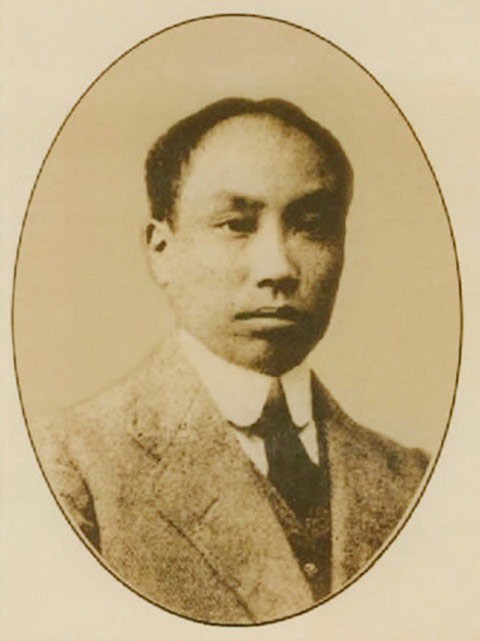
Chen Duxiu was hired as chief of liberal arts at Peking University in 1917. He was the advocator and initiator of the New Culture Movement, "commander in chief of the May 4th Movement", one of the main founders of the Communist Party of China and the main leader of the early period of the party.
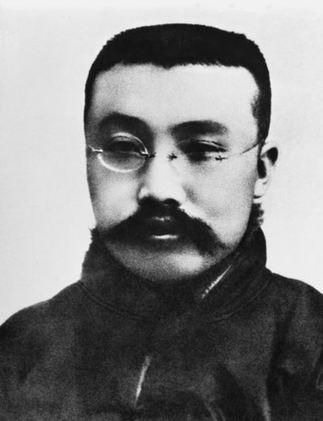
Li Dazhao, being hired as Director of Library and Professor of Economics of Peking University in 1916, is a pioneer of Chinese Communism, a great Marxist, an outstanding proletarian revolutionist, and one of the main founders of the Communist Party of China. He is not only an excellent leader in the early days of the party but also a well-known scholar with profound knowledge and a spirit that dares to explore. He occupies a top historical position in the Communist movement and the cause of national liberation in China.
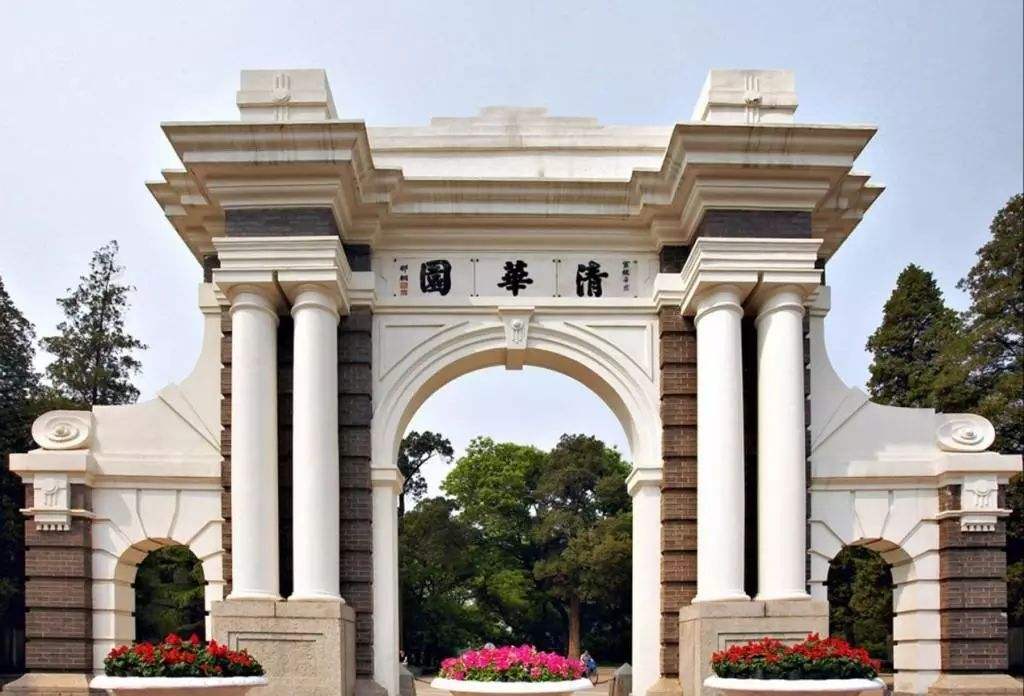
Founded in 1911, Tsinghua School was the predecessor of Tsinghua University. The name “Tsinghua” was originated from its location, Tsinghua Garden. It was a preparatory school established by the Qing government for the students who will study in the US.
The fund for the establishment of the school was derived from part of the Boxer Indemnity returned by the United States in 1908. In 1928 renamed again, called National Tsinghua University. After the War of Resistance Against Japan broke out in 1937, it moved to Changsha and established the National Changsha Temporary University with National Peking University and Private Nankai University. In 1938, it moved to Kunming and became the National Southwest United University. In 1946, he moved back to Qinghua Garden. Since the founding of the People's Republic of China in 1949, Tsinghua University has entered a new stage of development. In 1952, after the national adjustment of colleges and universities in China, it became a multi-disciplinary university of technology. Since 1978, it has gradually developed into a comprehensive research university.
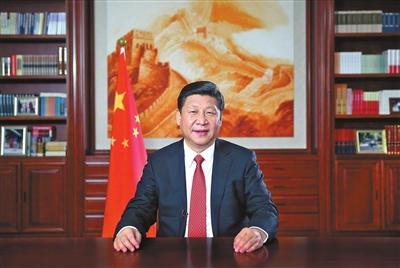
The current General Secretary of the Central Committee of the Communist Party of China, Chairman of the Military Commission of the CPC Central Committee, president of the People's Republic of China, and Chairman of the Central Military Commission of the People's Republic of China, Xi Jinping was graduated from the School of Humanities and Social Sciences of Tsinghua University, majoring in Marxist Theory and Ideological and Political Education, with an in-service postgraduate degree and a doctor of the law degree.
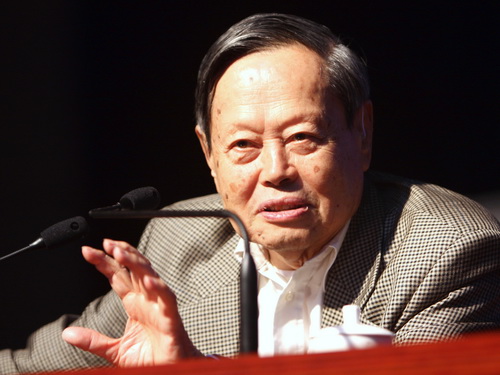
Chen-Ning Yang is a well-known physicist,the winner of the Nobel Prize in Physics in 1957. He graduated from National Southwestern Union University in 1942 and held the post of professor at Tsinghua University in 1998. He has made milestone contributions in particle physics, statistical mechanics, and condensed matter physics.
Yang also promoted the establishment of the Institute of Mathematical Sciences of the Chinese University of Hong Kong, the advanced research center of Tsinghua University, the Theoretical Physics Laboratory of Nankai University, and the advanced academic research center of Sun Yat-sen University.
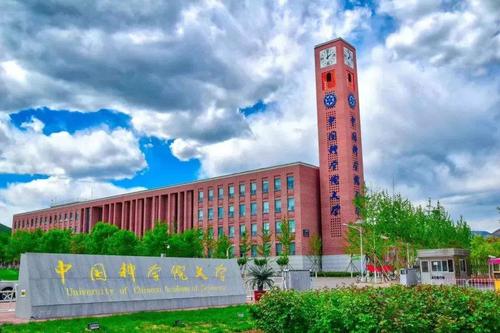
The University of Chinese Academy of Sciences, formerly known as the Graduate School of Chinese Academy of Sciences, was established in 1964. It was officially established in 1978 as the Graduate School of the University of Science and Technology of China. It is the first graduate school in New China approved by the CPC Central Committee and the State Council. After 1982, the Chinese Academy of Sciences approved the use of the names of the Graduate School of the Chinese Academy of Sciences and the Graduate School of the University of Science and Technology of China(Beijing). In December 2000, the Academic Degrees Committee of the State Council and the Ministry of Education approved the name of the Graduate School of the Chinese Academy of Sciences. In 2005, the Institute of management cadres of the Chinese Academy of Sciences was merged into the Institute. In June 2012, it was renamed the University of Chinese Academy of Sciences with the approval of the Ministry of education and began to recruit undergraduates in 2014.
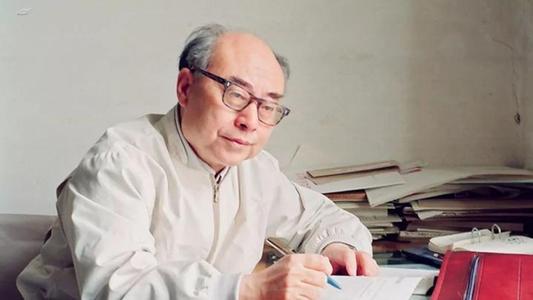
Yu Min graduated from the Physics Department of Peking University in 1949. In 1980, he was elected member of the academic department of the Chinese Academy of Sciences (academician). He also is the former vice president, researcher, and senior scientific consultant of the China Academy of Engineering Physics.
Yu Min solved a series of basic problems in the breakthrough of China's hydrogen bomb principle and put forward the assumption that the principle and configuration were complete, which played a key role. Since then, he has led the theoretical research and design of nuclear weapons for a long time and solved a lot of theoretical problems. He has made important contributions to the further development of China's nuclear weapons to the international advanced level. Since the 1970s, he has played an important role in advocating and promoting the research of some high-tech projects.
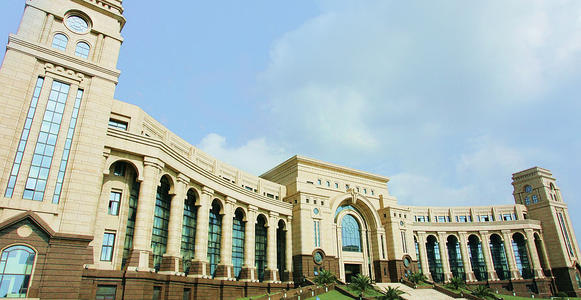
The predecessor of the school is Fudan Public School founded in 1905, which is one of the earliest private colleges and universities in China. After the adjustment of the college and department in 1952, the University became a comprehensive university focusing on the basic teaching and research of Arts and Sciences. The predecessor of Shanghai Medical University is the Medical College of the Fourth National Sun Yat-sen University founded in 1927. It is the first National Medical College independently founded by Chinese people. In 2000, Fudan University merged with Shanghai Medical University to form a new Fudan University.
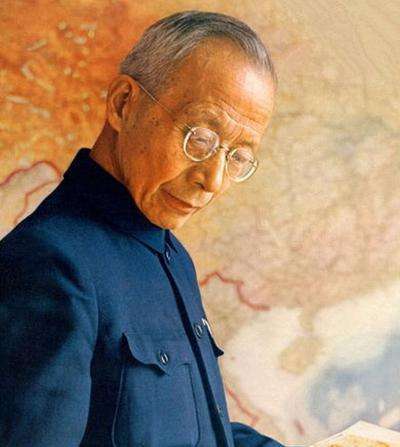
Zhu Kezhen, who is an academician of the Chinese Academy of Sciences, a member of the Communist Party of China, a meteorologist, geographer and educator in modern China, and the founder of modern geography and meteorology in China, studied at Fudan Public University in 1908.
Chen Yinke, who is a historian, a classical literature researcher, a linguist, and a poet, studied at Fudan Public University in 1905.
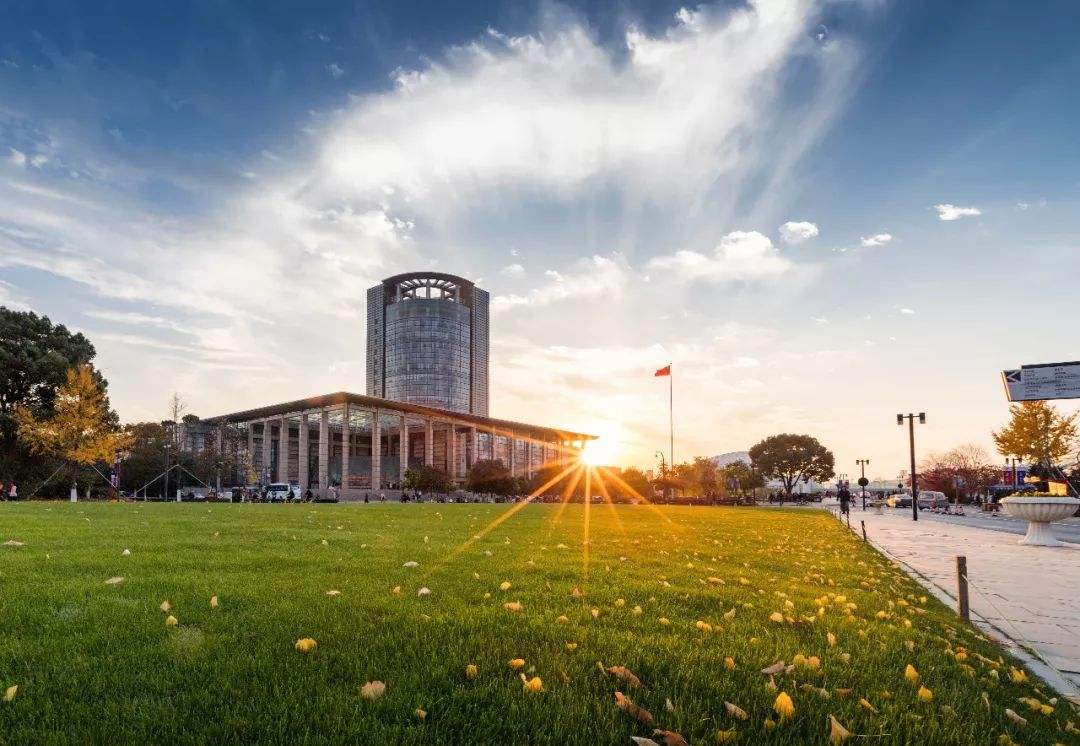
The predecessor of the school was Qiushi Academy, founded in 1897. It was one of the earliest new institutions of higher learning founded by the Chinese. It was named the National Zhejiang University in 1928. In 1937, Zhejiang University moved westward, running schools in Zunyi and Meitan, Guizhou, and returned to Hangzhou in the autumn of 1946. In 1952, some departments of Zhejiang University were transferred to the Chinese Academy of Sciences and other universities. The main part was reorganized into several universities in Hangzhou and later developed into Zhejiang University, Hangzhou University, Zhejiang Agricultural University, and Zhejiang Medical University. In 1998, the four universities with the same root and the same source merged to form a new Zhejiang University.
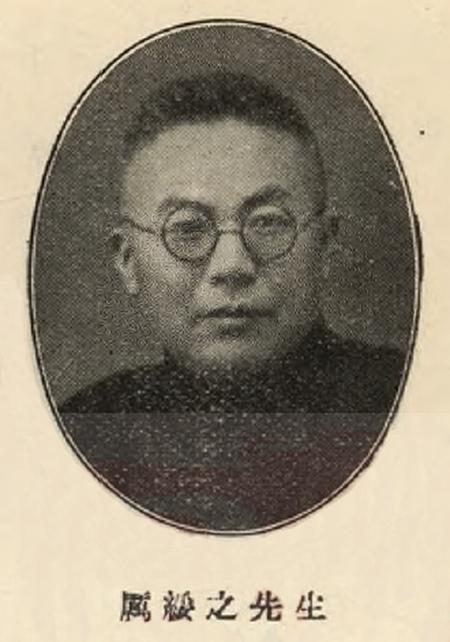
Li Suizhi is the first generation of western medicine in China, a pioneer of western medicine education in China, a famous doctor, medical educator, a patriotic democrat and social activist in modern times, the main founder of Zhejiang Medical University, and the founder and first president of Hangzhou Red Cross Society.
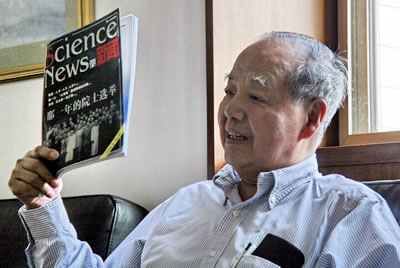
Tsung-Dao Lee is a professor at Columbia University, a Chinese American physicist, who won the Nobel Prize in physics for discovering the non-conservation of parity in weak interaction in 1957 with Chen-Ning Yang. He is famous for his contributions in the fields of parity nonconservation, Lee model, relativistic heavy-ion collision (RHIC) physics, and non-topological soliton field theory.
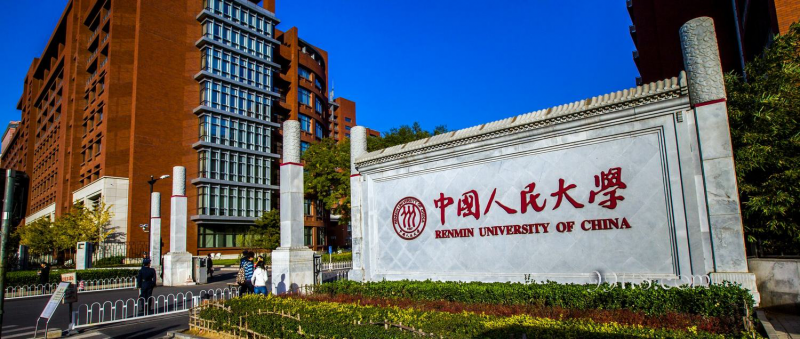
Its predecessor was the Northern Shaanxi Public School founded in 1937, and the later North China United University and North China University. On December 16, 1949, the Government Affairs Council of the Central People's government passed the decision on the establishment of the Renmin University of China. On October 3, 1950, Renmin University of China, which was merged and established based on North China University, officially opened, becoming the first new regular university founded in New China. In 1954, it was identified as a comprehensive university focusing on Social Sciences and the first batch of national key universities; in 1960, it was determined as a comprehensive national key university; in 2017, it was selected into the national "double first-class" construction list.
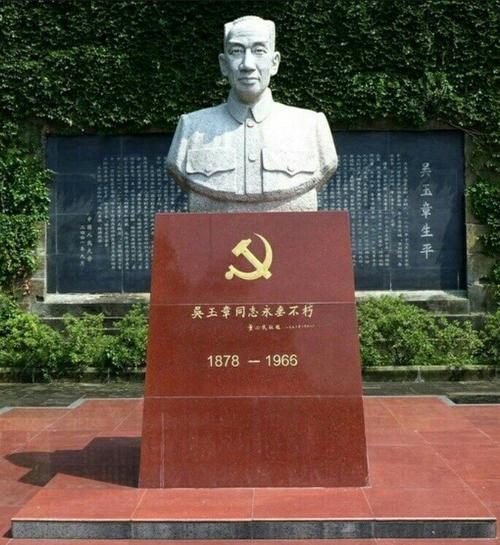
Wu Yuzhang is an outstanding proletarian revolutionist, educator, historian, linguist, and pioneer of higher education in New China. He was officially named and established in 1950 as the president of Renmin University of China for 17 years until his death in 1966. He made an indelible contribution to the birth and development of Renmin University.
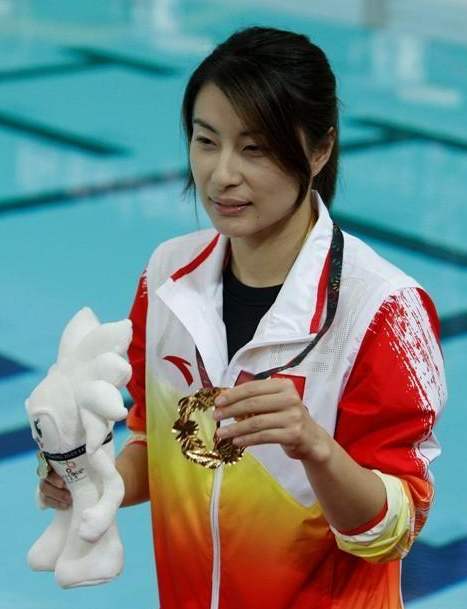
Guo Jingjing, who was a diving athlete, studied at Renmin University from 2009. In 1996, Guo Jingjing took part in the Olympic Games for the first time. In 2004, Guo Jingjing won two gold medals in the women's single 3m springboard and the women's double 3m springboard at the Athens Olympic Games, which made her a leading diving figure in China. Guo Jingjing participated in the 29th Beijing Olympic Games and won the women's single 3m springboard champion. She was also awarded the women's double 3m springboard championship with Wu Minxia.
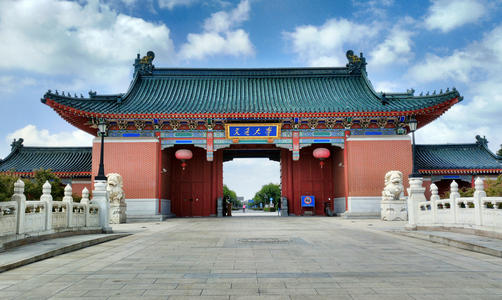
The school was founded in 1896, formerly known as Nanyang Public School; in the wave of The Revolution of 1911, it was renamed Nanyang University; in 1929, it was renamed National Jiaotong University; after the founding of new China in 1949, it was renamed Jiaotong University; in 1955, it relocated to Xi'an, which was divided into Shanghai part and Xi'an part of Jiaotong University; in 1959, the two sections were established independently, and the Shanghai section goes by the name of Shanghai Jiaotong University; in 1999, the former Shanghai Agricultural College was merged; in 2005, the former Shanghai Second Medical University was merged, formed the present Shanghai Jiao Tong University.
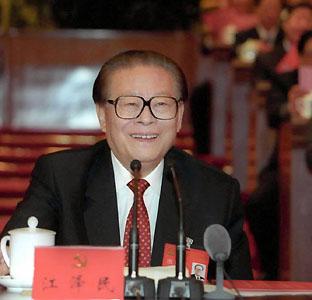
Jiang Zemin has served as General Secretary of the Central Committee of the Communist Party of China, Chairman of the Central Military Commission of the Communist Party of China, Chairman of the People's Republic of China, and Chairman of the Central Military Commission of the People's Republic of China.
He participated in the student movement led by the underground party in 1943 and joined the Communist Party of China in April 1946. In 1947, Jiang graduated from the Electrical Engineering Department of Shanghai Jiaotong University.
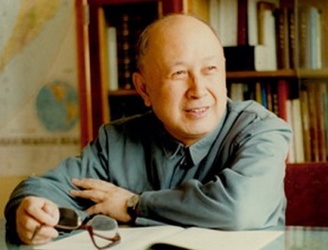
Qian Xuesen is a world-famous scientist, former professor of MIT and Caltech aerodynamics scientist, founder of China's manned space flight, academician of Chinese Academy of Sciences and Chinese Academy of Engineering, and the winner of China's " hydrogen bombs and man-made satellites " meritorious medal, graduated from Public Jiao Tong University (the former Shanghai Jiao Tong University) in 1934. Thanks to Qian Xuesen's return to China, the launch of China's missiles and atomic bombs has been pushed forward for at least 20 years.
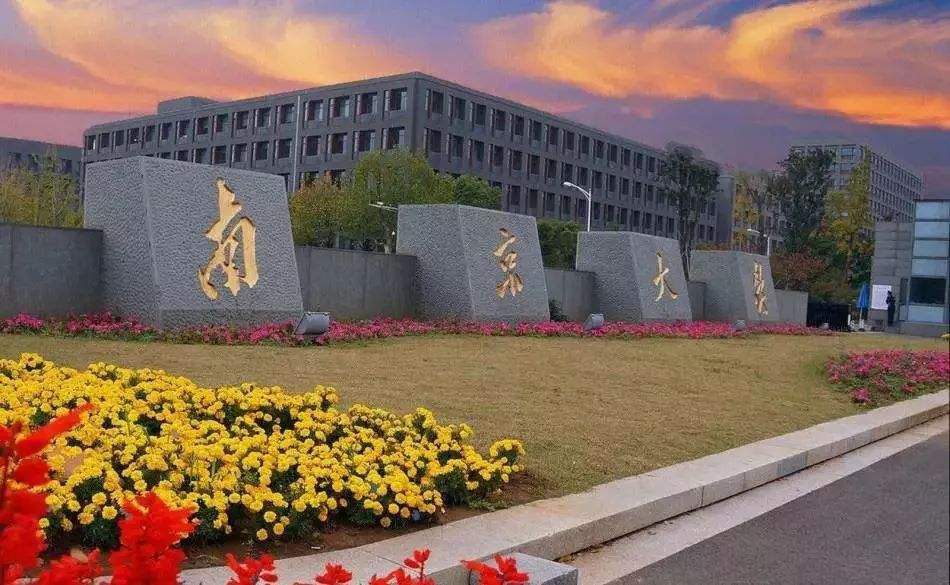
The predecessor of Nanjing University was Sanjiang Normal School, which was founded in 1902. After that, it went through the historical periods of Liangjiang Normal School, Nanjing Normal University, National Southeast University, the Fourth National Sun Yat-sen University, National Central University, and National Nanjing University. It was renamed Nanjing University in 1950. In 1952, during the adjustment of colleges and universities in China, Nanjing University merged with the school of Arts and Sciences of Jinling University, which was founded in 1888.
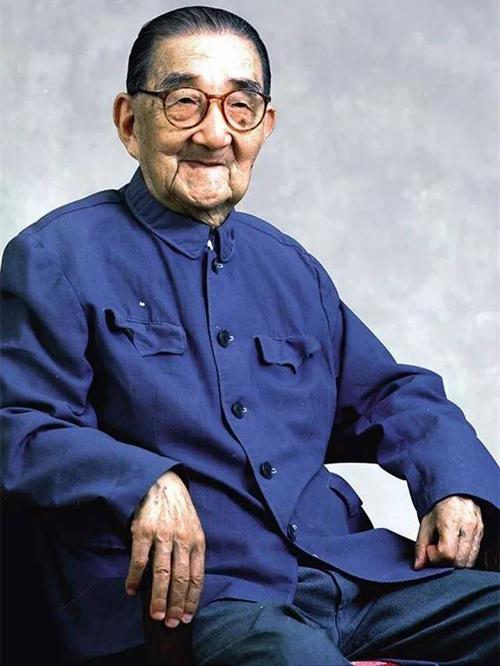
T.C.Tung, who is a biologist, educator, and social activist, taught at Nanjing University in 1927. Tung is the main founder of Experimental Embryology in China, the founder of China's marine scientific research, and an outstanding leader in biological science research. He has created the pioneer of China's "cloning" technology and is known as "the father of Chinese cloning".
Yan Jici, a physicist, educationist, and one of the founders of Chinese modern physics research, a core member of the optical research and optical instrument development team in China, graduated from Nanjing University in 1923. He was also the first person to study the crystal piezoelectric effect in China.
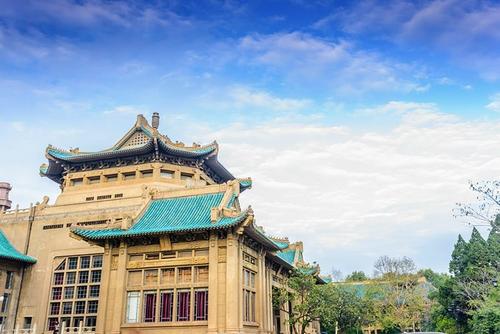
Wuhan University dates back to the Self-improvement School founded by the Qing government in 1893. After going through the periods of Dialect School, Wuchang Normal University, National Wuchang Normal University, National Wuchang University, and National Second Sun Yat-sen University, Wuhan University was named as the first batch of national universities in modern China in 1928. In 2000, Wuhan University merged with Wuhan University of Water Resources and Electric Power, Wuhan University of Surveying and Mapping Technology, and Hubei Medical University to form a new Wuhan University.
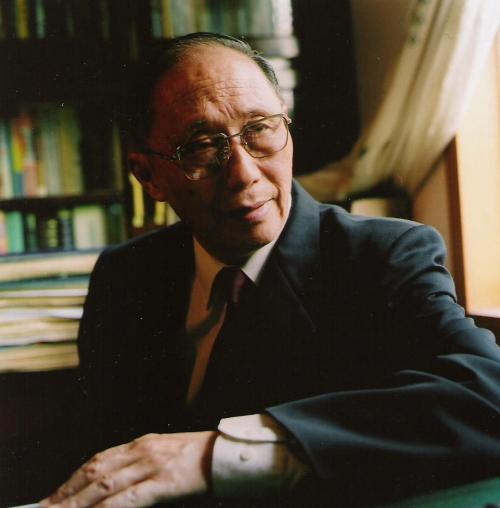
Liu Daoyu is a prestigious educator, chemist, and social activist. In 1977, he became a member of the Party group of the Ministry of education and director of the Department of higher education, who played a great role in rectifying chaos in higher education and resuming the United College Entrance Examination. From 1981 to 1988, he was president of Wuhan University. On March 6, 1988, Liu Daoyu was dismissed from the post of president of Wuhan University by the person in charge of the cadre bureau of the State Education Commission. He is currently the president of Liu Daoyu's education foundation.
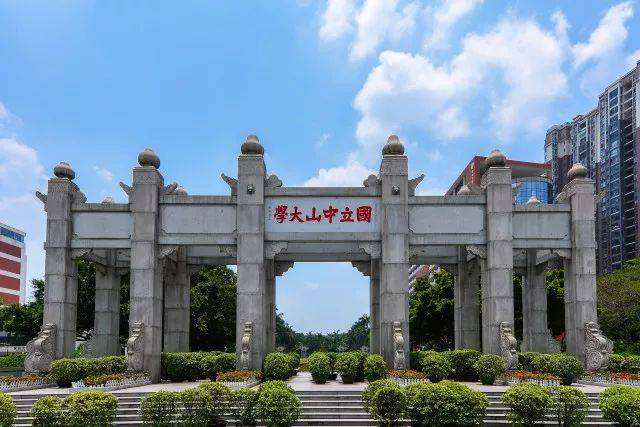
In 1924, Dr. Sun Yat Sen himself integrated many universities in Guangzhou to establish the National Guangdong University. On March 12, 1925, after the death of Sun Yat-Sen, Liao Zhongkai proposed that renamed it to Sun Yat-sen University, which was approved by the national government in October. In the same year, medical science was merged. After that, Guangdong Public Medical University, National Guangdong Law College, and Engineering College of Guangdong Lijiaqin University were successively merged.
Today's Sun Yat-sen University was formed in October 2001 by the merger of Sun Yat-sen University and Sun Yat-Sen Medical University, which were set up after the adjustment of universities in 1952.
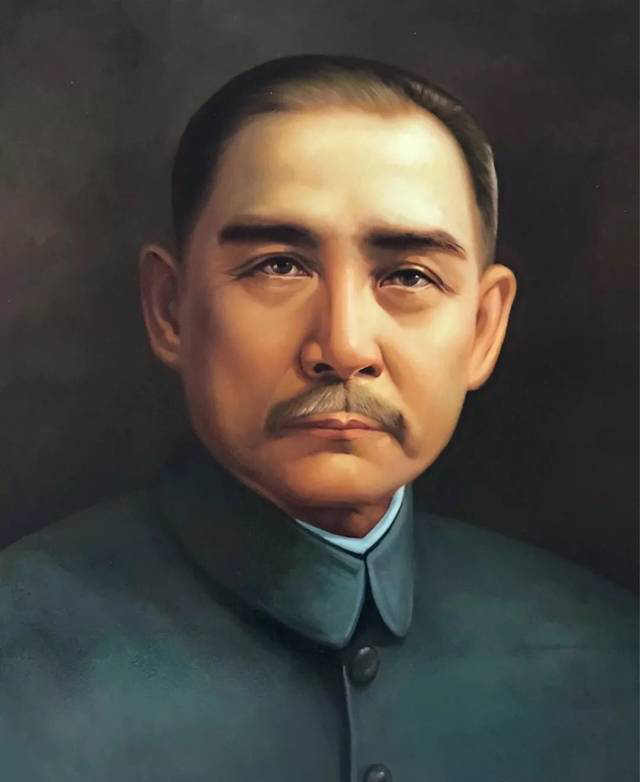
Sun Yat-Sen is a great national hero and patriot, a great pioneer of China's democratic revolution, the founder of the Republic of China and the Chinese Kuomintang, and an advocate of the three people's principles established the five power constitution. He held the banner of anti-imperialism and anti feudalism for the first time and "started the Republic and ended the feudal monarchy for 2000 years".
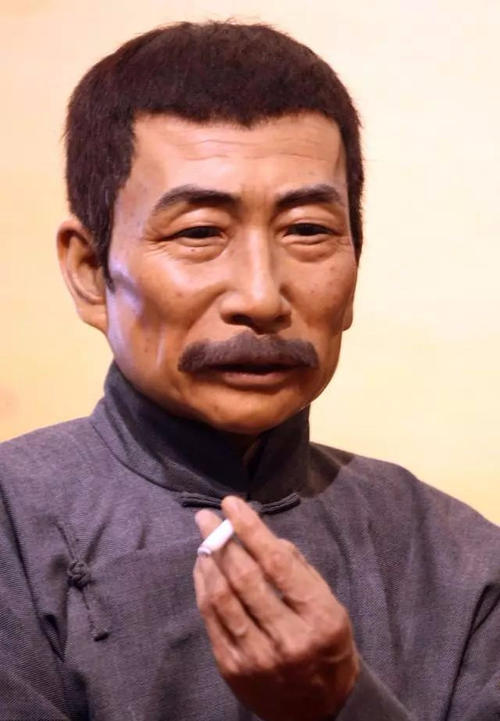
Lu Xun is a famous writer, thinker, revolutionary and democratic fighter, an important participant in the new culture movement and one of the founders of modern Chinese literature. He was hired by Sun Yat-sen University in 1927.
Lu Xun has made great contributions to literary creation, literary criticism, ideological research, literary history research, translation, the introduction of art theory, the introduction of basic science, and collation and research of ancient books. He had a great influence on the development of Chinese social ideology and culture after the May 4th Movement. His work has an extremely important position and influence in the China literary world, especially in the ideological and cultural fields of South Korea and Japan.
